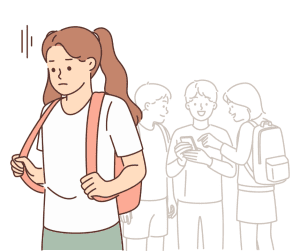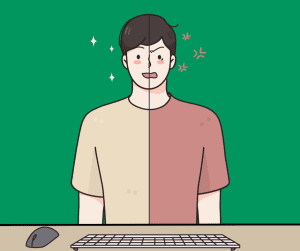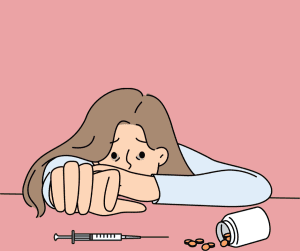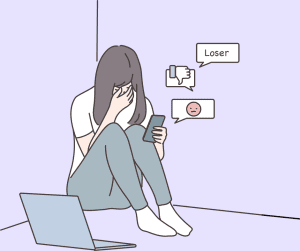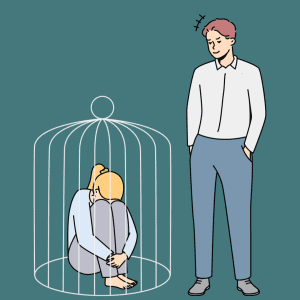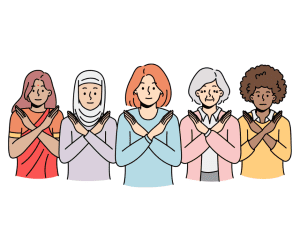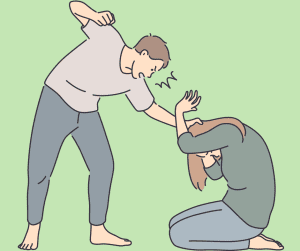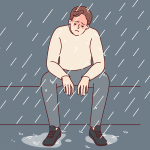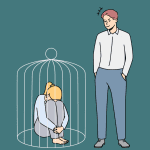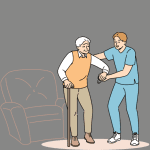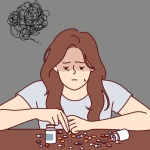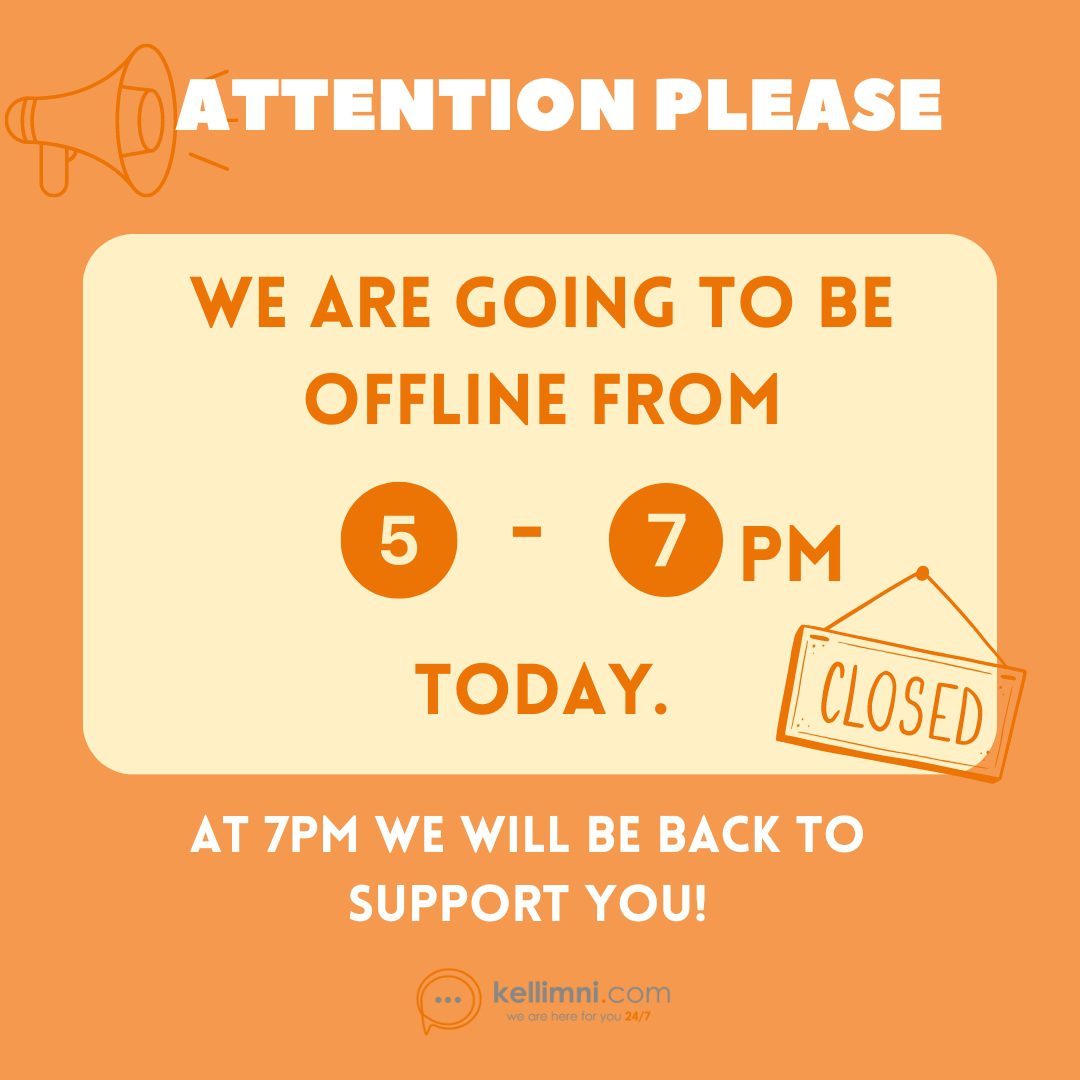
With the advancement of technology, games have also become increasingly complex – just take a look at virtual reality! As games become more realistic, they also become better ways to escape the physical world. This can be fun for a while, but just like with anything else, using something too much can lead to problems, including in the area of gaming.
While gaming is not considered to be an actual addiction as of yet, there are still similarities which we can see between gaming and other things like alcohol, drugs, and gambling. And just like with any other dependency or addiction, one can see warning signs. These warning signs include:
- Disrupted pattern or routine; For example, if you play games all night long and sleep during the daytime. It would directly affect your daily life.
- Loss of a job or not going to school – In particular, one starts missing out on things in order to be online or to play a digital game. This can be a warning sign of a problem. It also applies if you decide to stay inside rather than go out with friends and socialise.
- Increased period of play – You feel that you have to play for longer and longer clumps at a time in order to get the same level of enjoyment from the game. Soon, you might find yourself playing for over 5 or 6 hours a day.
- Withdrawals & Cravings – You feel irritable or anxious when you are away from the game. You may act aggressively, or feel intense sadness. Additionally, when you are away from the game, you might feel the urge to go play.
If you feel that you have any of these symptoms, there are various things which you can do. You can try to switch off and spend more time with friends, particularly if this is outside the house. If this is too difficult, it might be necessary to speak with someone, such as a counsellor or psychotherapist. As well, the group IRL – In Real Life has a programme dedicated to helping you to switch off from games and to socialise more, in order to get a healthier balance of gaming in your life.

